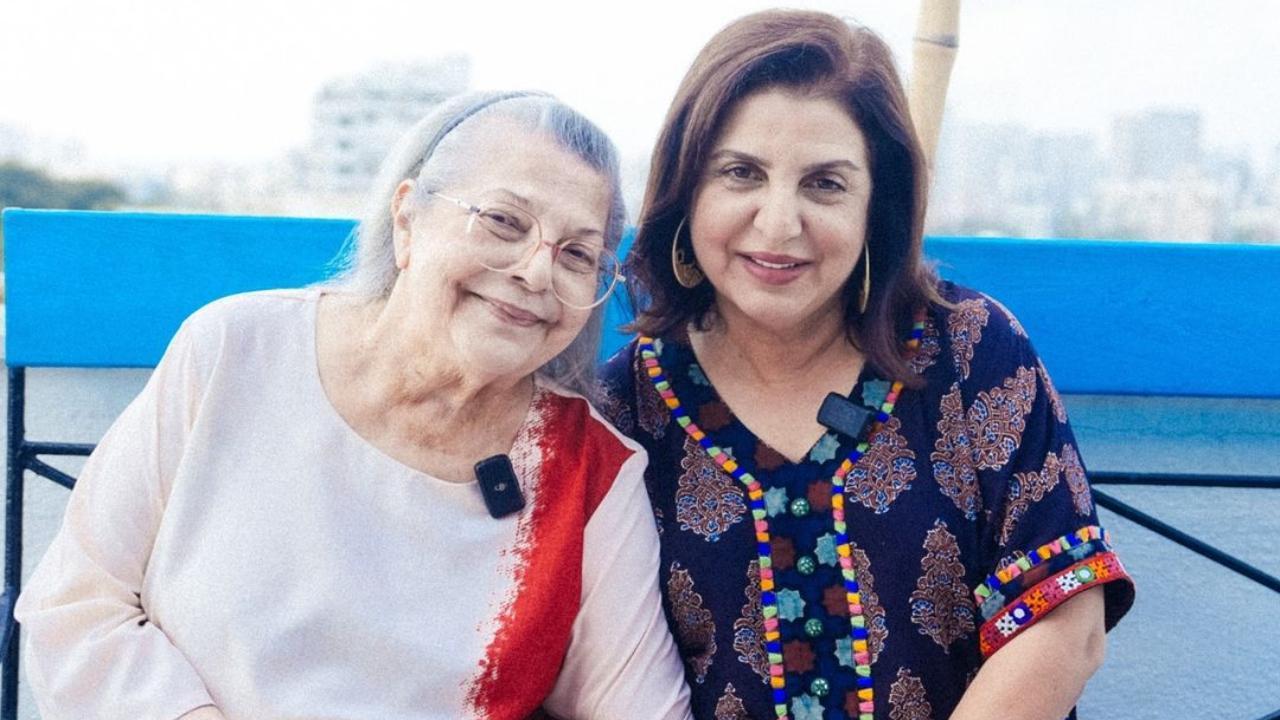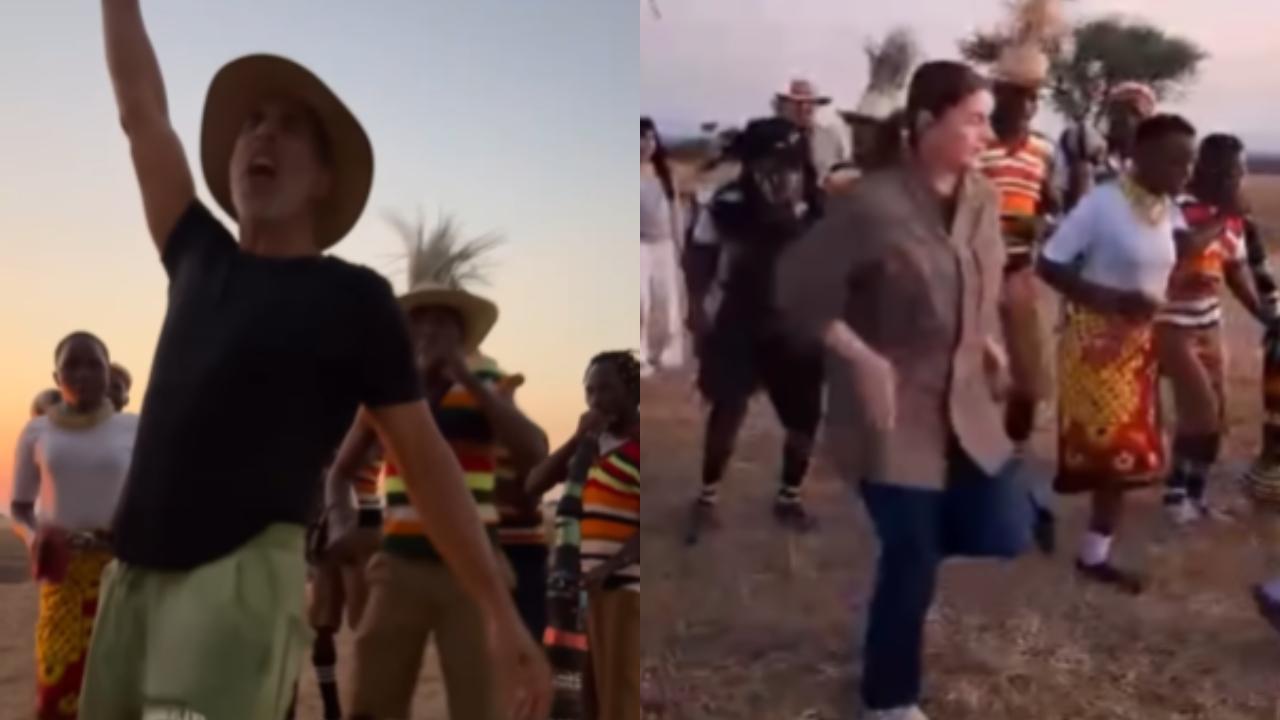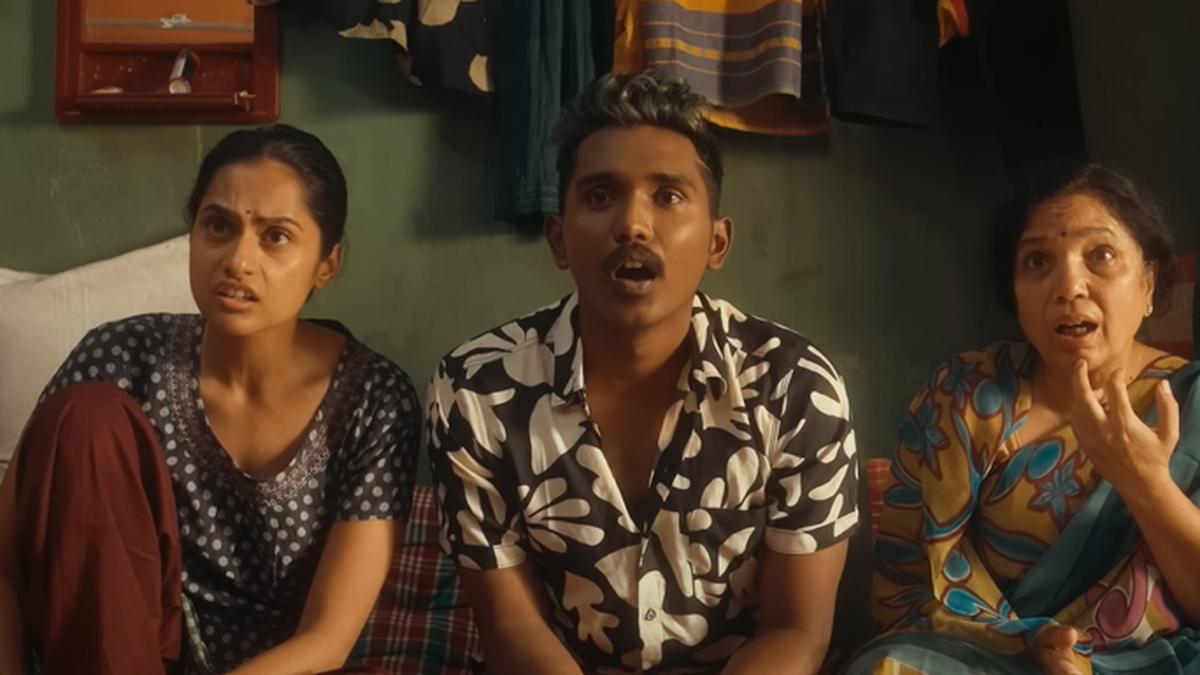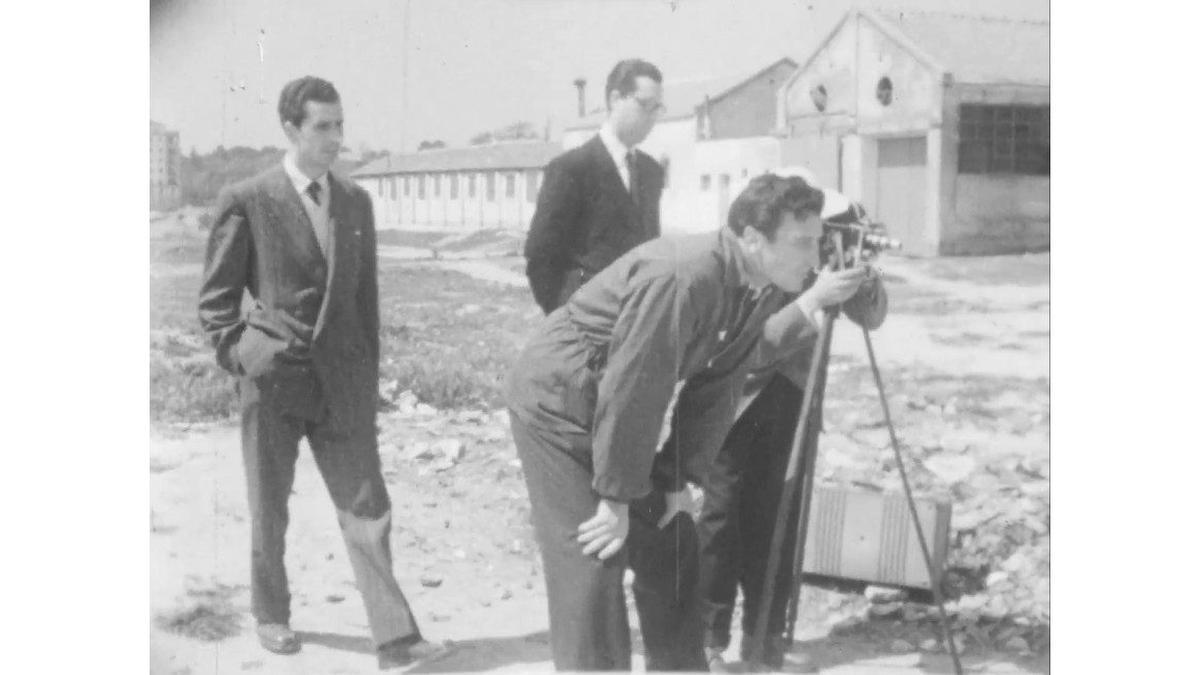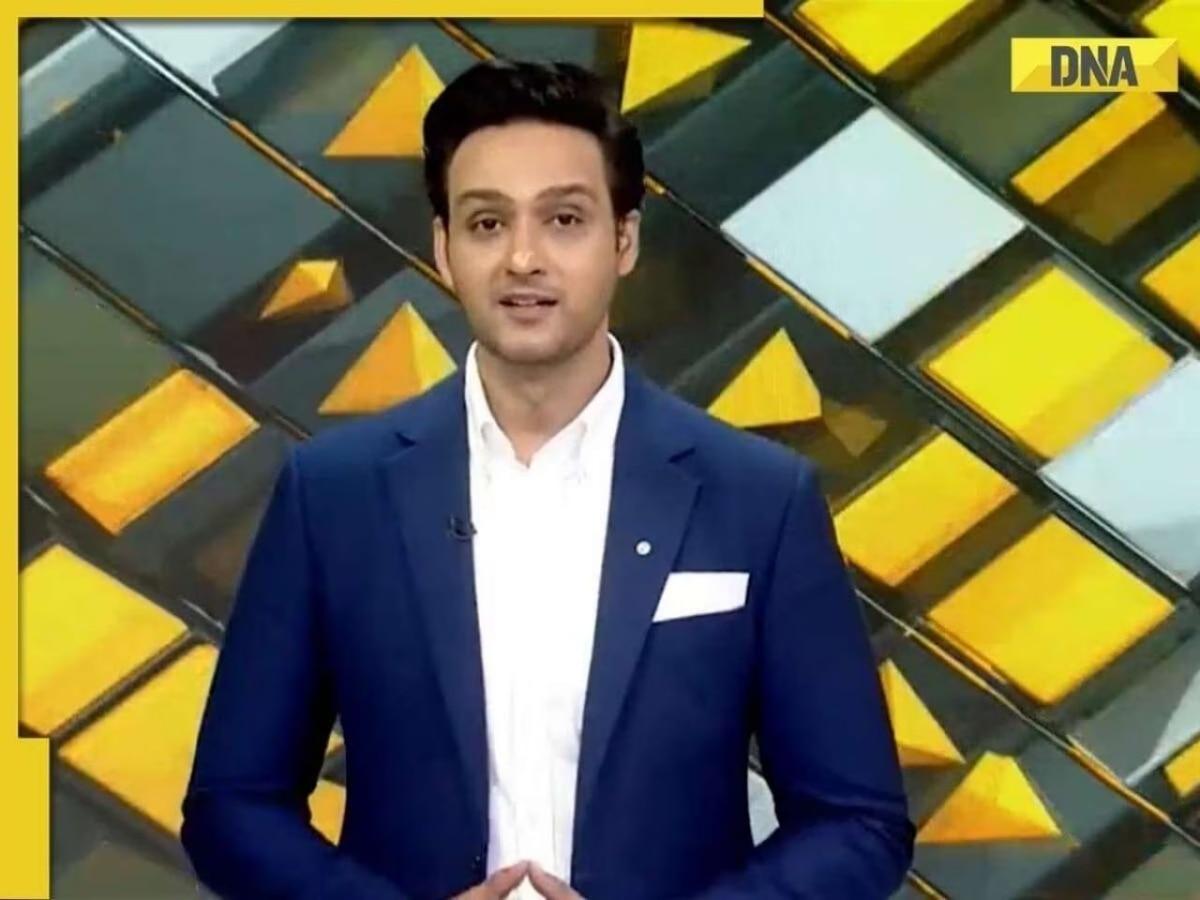
In a highly charged atmosphere during the ongoing Lok Sabha elections, a video featuring Union Home Minister Amit Shah has become the latest focal point of controversy. The video in question shows Shah purportedly asserting that the Bharatiya Janata Party (BJP) will eliminate ‘unconstitutional reservations’ for Scheduled Castes (SC), Scheduled Tribes (ST), and Other Backward Classes (OBC) if the party comes into power. However, thorough research has determined that the video has been altered, serving as a deliberate attempt to spread false information.
The controversy surrounding the video began when it was uploaded on social media platforms by several accounts, including some official accounts of the Congress party. These accounts claimed that the edited video exposed the BJP’s alleged agenda to dismantle SC/ST reservation quotas, a statement that sent ripples through an already turbulent political landscape. In response, BJP officials lashed out, accusing the Congress of sowing seeds of misinformation aimed at creating societal unrest.
In an analysis aired during primetime, ZEE News anchor Sourabh Raaj Jain discussed the burgeoning threats that modern technology poses to India’s democratic processes in the digital era. The analysis highlighted how manipulated content, like the doctored video of Amit Shah, can compromise the credibility of information and escalate political tensions during crucial moments like national elections.
The doctored video was disseminated widely on social media platforms, notably on the site X, where it was posted on April 28 at 6:42 am. The user who uploaded it added a sensational caption: “We will end SC-ST and OBC reservation: Home Minister Amit Shah.” Unsurprisingly, the video rapidly gained traction, sparking heated debates and a flurry of reactions across social media channels.
The spread of misinformation through the video did not go unnoticed by the authorities. On Sunday, the Delhi Police registered a case concerning the circulation of the doctored video. This move came after the Ministry of Home Affairs (MHA) lodged a formal complaint, demanding strict actions against those behind the manipulation and distribution of the video. The police have since launched an investigation to identify the perpetrators and bring them to justice.
.
The gravity of the situation prompted Prime Minister Narendra Modi to address the issue directly. Speaking at an election rally in Satara, Maharashtra, PM Modi criticized political opponents for resorting to the dissemination of fake news, attributing their actions to desperation stemming from the fear of electoral defeat. He urged the public to remain vigilant and not to be misled by the false narratives being propagated through such nefarious tactics.
In the broader context, this incident sheds light on the growing challenge of deepfake technology and its potential to undermine democratic institutions. Deepfakes, which combine artificial intelligence (AI) and machine learning to create realistic but false images and videos, are fast becoming a potent tool for misinformation. This technology’s ability to fabricate convincing audio and visual content poses a significant risk to the integrity of electoral processes and the social fabric.
In India, where diverse communities coalesce to form a complex societal structure, the strategic use of deepfake technology to stoke communal or political tensions can have far-reaching consequences. It is imperative for stakeholders, including politicians, tech companies, and civil society, to adopt robust measures to counter the spread of misinformation. Enhanced regulatory frameworks, public education on media literacy, and the deployment of advanced detection tools are crucial steps in safeguarding the democratic process.
Moreover, this incident underscores the essential role of responsible media in verifying and reporting information accurately. The role of fact-checkers and investigative journalists is more critical than ever in an age where digital content can be easily manipulated and virally disseminated. Media houses must strengthen their verification processes to ensure that the information they broadcast is accurate and reliable, thereby maintaining their credibility.
As the Lok Sabha elections continue, the circulation of the Amit Shah deepfake video serves as a cautionary tale about the perils of unchecked technology in the political sphere. It is a clarion call for collective action to foster a transparent, informed, and resilient democratic society.



